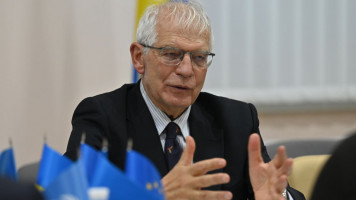UN chief rejects Moroccan criticism on Western Sahara
Following Ban's trip to a camp in Algeria housing refugees from the 40-year conflict, the Moroccan government charged that the UN chief's remarks contained "verbal excesses and unjustified complacency".
Hitting back at the statement, UN spokesman Farhan Haq said: "The secretary-general believes that he and the United Nations are neutral partners in this."
Ban "has been doing everything he can to resolve the situation in Western Sahara" which has "lasted for quite some time," he added.
The UN chief "wanted to make sure indeed in the very last year of his term that this issue is firmly on the international agenda," said Haq.
During his visit, Ban announced plans to re-launch UN-sponsored talks between Morocco and the Polisario Front, which is seeking independence for Western Sahara.
The United Nations has been trying to broker a Western Sahara settlement since 1991 after a ceasefire was reached to end a war that broke out when Morocco deployed its military to the region in 1975.
Local Sahrawi people are campaigning for the right to self-determination, but Morocco considers the territory as part of the kingdom and insists its sovereignty cannot be challenged.
After his visit to the Smara refugee camp in Tindouf, Ban spoke of a "human tragedy" and said the world "must act" to help the Sahrawi people.
Ban, who steps down at the end of December, is planning to travel to Rabat at a later time and visit the main city of Laayoune in Western Sahara, where the United Nations MINURSO mission is based.
The conflict over Western Sahara has been among the most sensitive issues on the UN agenda, with Rabat fiercely rejecting any challenge to its hold on the mineral-rich territory.
Next month, the UN Security Council will discuss the renewal MINURSO's mandate, which was established to oversee a referendum on the future of Western Sahara that never materialised.
![Ban Ki-moon visits Sahrawi refugee camp [AFP] Ban Ki-moon visits Sahrawi refugee camp [AFP]](/sites/default/files/styles/large_16_9/public/media/images/960BEDA6-0AE4-4BAF-8CD4-06F55E29439C.jpg?h=d1cb525d&itok=yH-CJrSV)
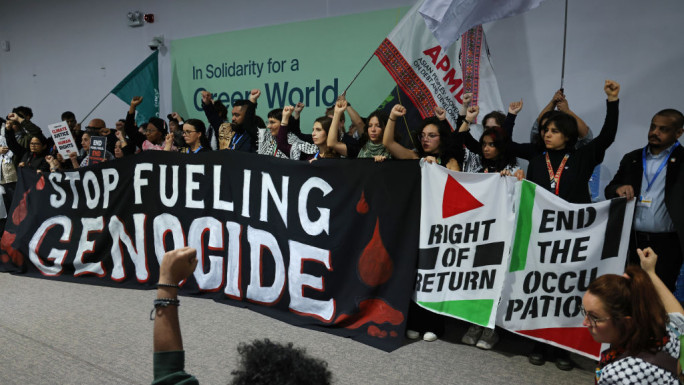
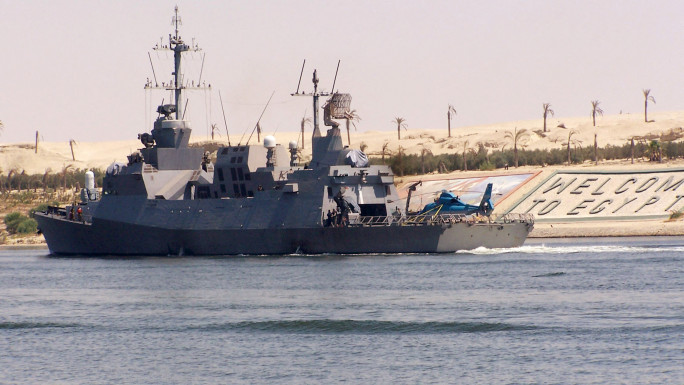
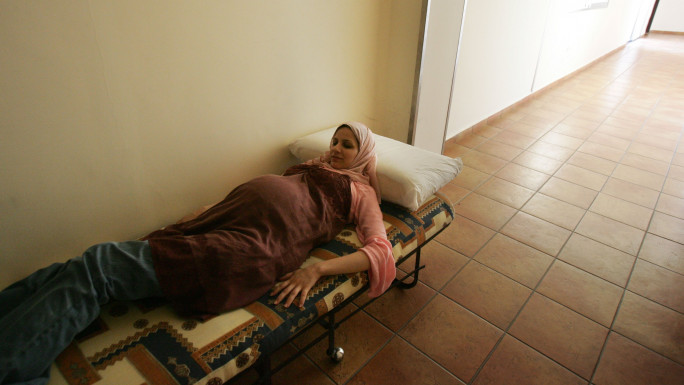
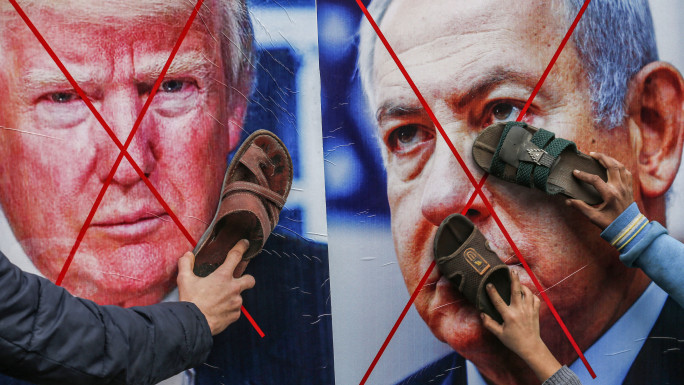
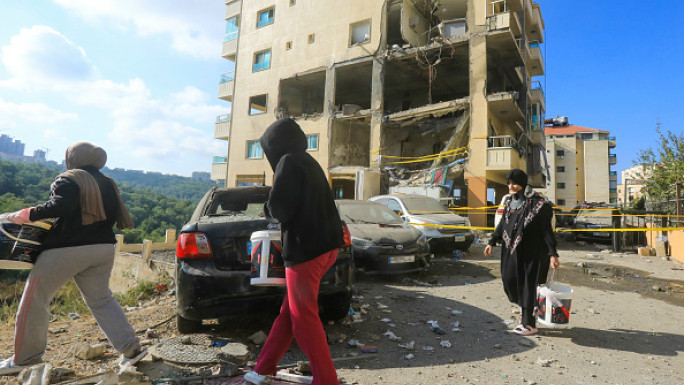
 Follow the Middle East's top stories in English at The New Arab on Google News
Follow the Middle East's top stories in English at The New Arab on Google News
![Gazans reel after Israel strike [Getty]](/sites/default/files/styles/image_330x185/public/2183300682.jpeg?h=a5f2f23a&itok=fN-GAQGE)

